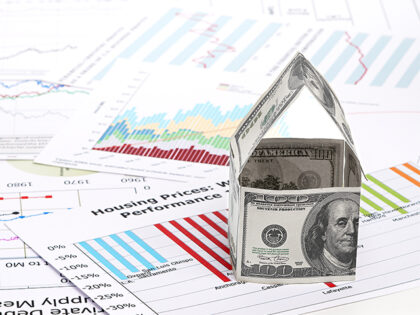Breitbart Business Digest: Nearly Everyone Expects a Recession in 2023
We begin the new year with widespread expectations of a recession. Last year began with a consensus that was wrong in every important aspect. Is this year’s consensus any better?

We begin the new year with widespread expectations of a recession. Last year began with a consensus that was wrong in every important aspect. Is this year’s consensus any better?

S&P Global’s survey indicates a second consecutive month of contraction.

A big jump in spending on manufacturing facilities fueled an unexpected rise in November. Home building, however, remains in decline.

The Federal Reserve plotted a course for next year that includes sluggish growth, declining yet persistently high inflation, and at least a few more interest rate hikes. It’s a good idea to study this Fed map closely, while remembering the map is not the territory.

With retail sales coming in below expectations, why aren’t more workers being laid off?

Suddenly, markets are worried about Fed hikes, a recession, and earnings falling.
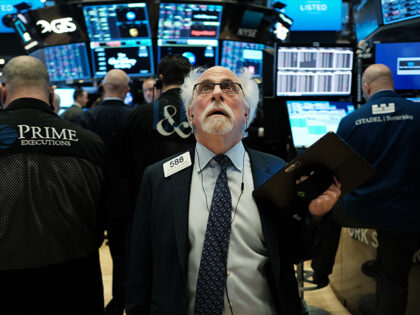
The manufacturing sector appears to be rolling over after several months of Fed hikes, global economic weakness, and U.S. consumers shifting spending to services.

Consumer spending softened much more than expected in November.

Fed chair says he is going to stand his ground on the inflation target.
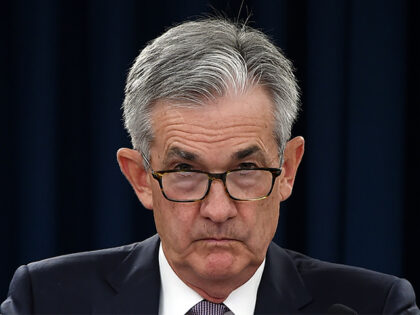
Estimates for rates, inflation, and unemployment were all raised in the projections of Fed officials.

There are some people who are still entertaining notions that Sam Bankman-Fried might have been the victim of the FTX collapse rather than the knowing perpetrator of one of the largest financial frauds in global history.

Biden once again overplayed progress on inflation.
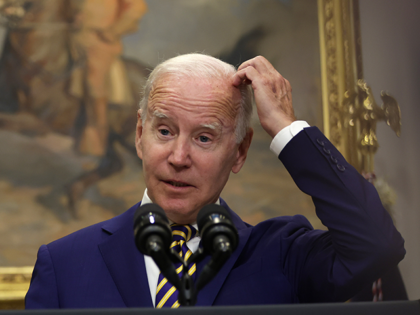
The arrest of Sam Bankman-Fried in the Bahamas preempted what was scheduled to be his testimony before the House financial services committee.

Better than expected.
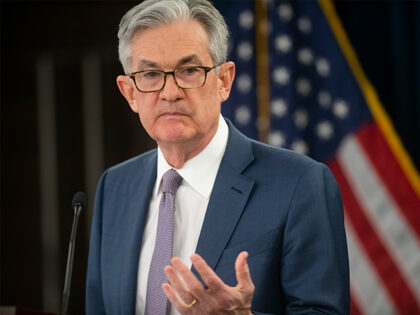
Federal Reserve Chair Jerome Powell may lean hawkish in his press conference this week in order to correct the market’s dovish interpretation of his comments last week at the Brookings Institution.

The latest data shows inflation becoming entrenched at a high level rather than continuing to decline under pressure from the Fed’s interest rate hikes and the easing of supply chain problems.
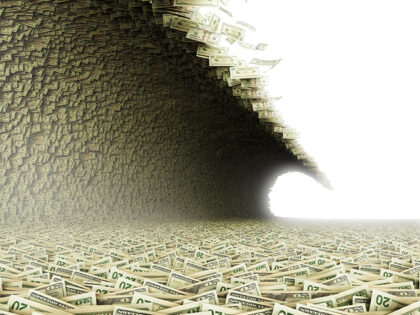
The Christmas spirit is spreading across the land.

The producer price index comes in hotter than expected and revisions show it has been worse than previously thought since September.
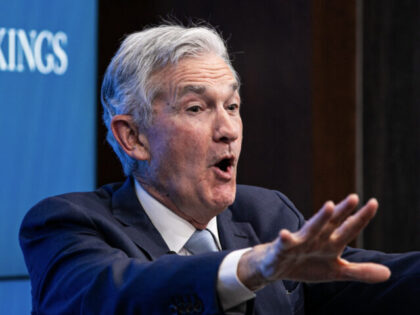
The cause of the leak is not yet known.

Lots of headlines about layoffs but no sign of significantly increased job loss in the claims data.
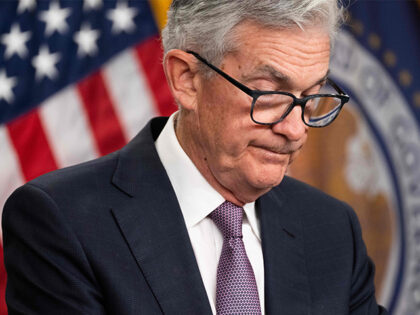
The inversion of the yield curve took another unusual step on Wednesday. It moved into double inversion.
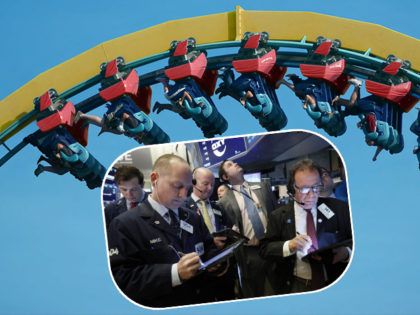
Credit growth still looks healthy. No sign of panic reliance on credit yet.

Another set of economic figures come in much better than expected, hinting that the resilience of the economy may be underestimated.

Everyone agrees that we’re headed into an economic recession next year, but recent data indicates the consensus could be wrong about the timing.

The nation’s trade deficit widened 5.4 percent in October to a four-month high of $78.2 billion, data from the Commerce Department showed Tuesday.

The holiday season has set the services sector on a faster pace of growth.

What Jerome Powell giveth, the labor market taketh away.
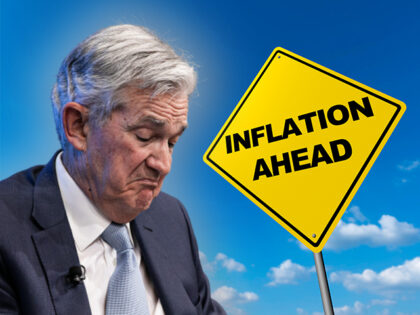
Economists had expected the economy to add 200,000 jobs and the unemployment rate to remain unchanged at 3.7 percent.

At first glance, the Commerce Department’s report on personal income and spending in October looks like what some people have referred to as Goldilocks data.
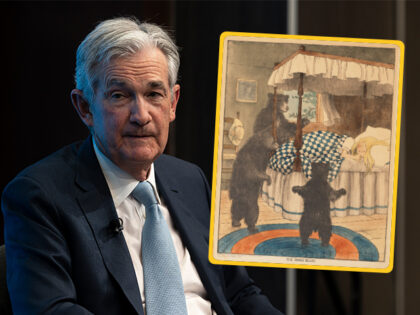
A setback for the Fed or a foreshadowing of a soft-landing?

Chairman Jerome Powell on Wednesday ruled out the idea that the Fed might raise its benchmark interest rate by 75 basis points.
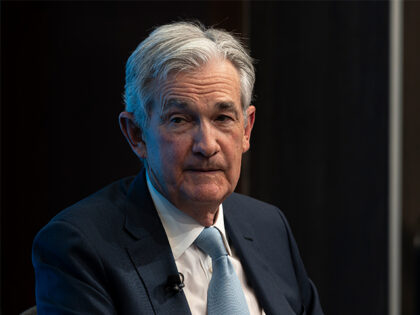
Consumer spending was stronger than reported and prices higher.
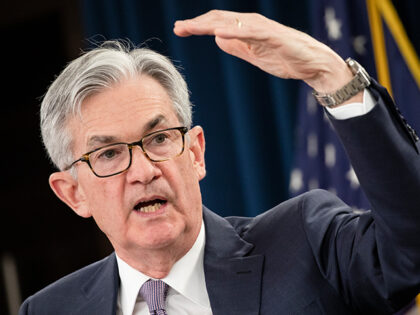
Job openings fell, reversing the rise seen in September.
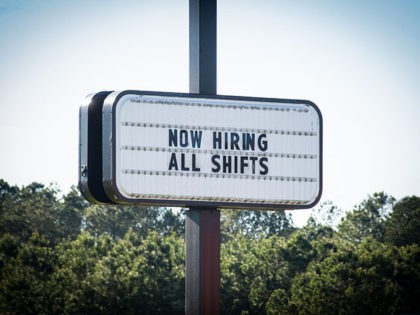
This week we will see crucial evidence on the progress of the Federal Reserve’s campaign to loosen labor market conditions.

All of the 20 cities tracked by the S&P Dow Jones Indices experienced seasonally-adjusted month-over-month price declines.

The consumer expectations barometer fell again, hitting a six month low, and remains at a low level consistent with a looming recession.

We strongly suspect that retail sales through the holiday season will disappoint.

Texas manufacturing declined for the seventh straight month.

The buzzword this Black Friday is “muted.”
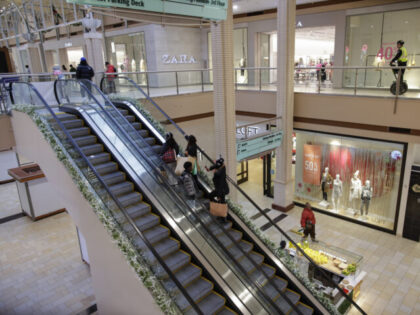
The economy is not going to make it easy for Federal Reserve chairman Jerome Powell to bring inflation down to the central bank’s two percent target.
